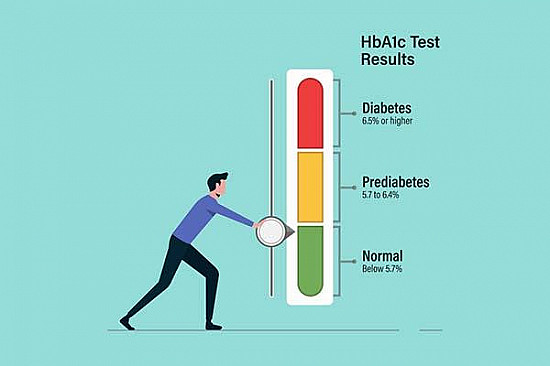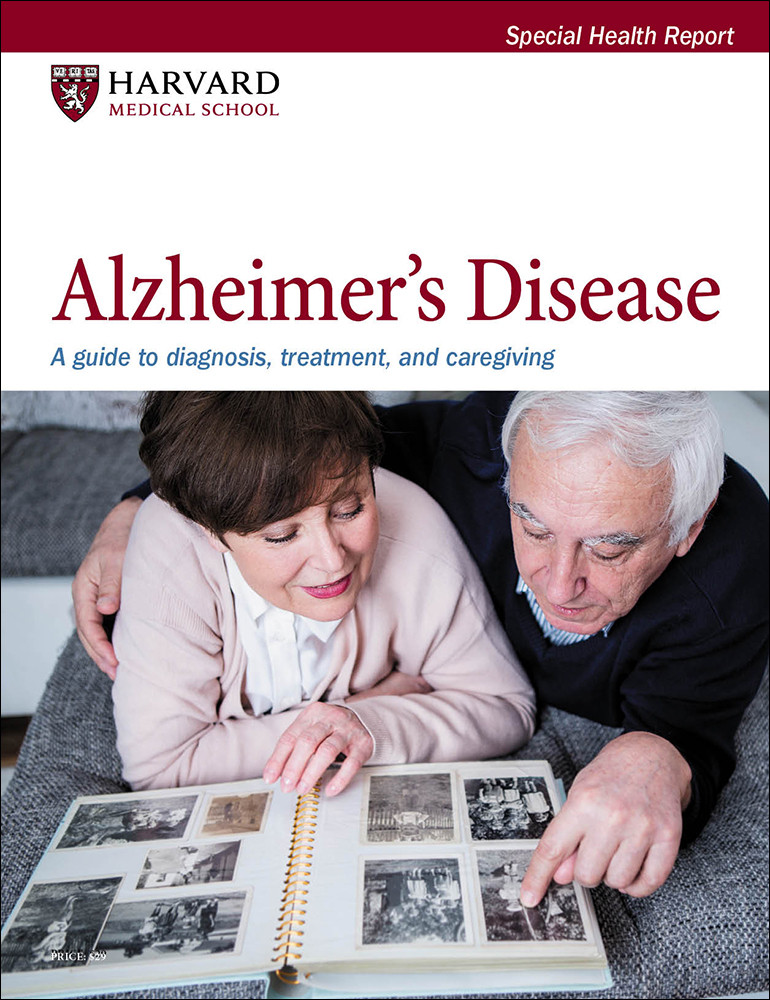Do blood tests really help diagnose Alzheimer's disease?
Ask the doctor

Q. I hear there are new blood tests to help diagnose Alzheimer's disease. Is that true, and do they really help?
A. Several types of tests can help doctors diagnose Alzheimer's disease. That may not sound like a big deal, but when I was a young physician the only way to diagnose Alzheimer's was to examine the brain after a person had died. That's too late.
Formal tests of how well a person is thinking have been available for decades and can help provide objective evidence of cognitive problems. If these tests show nothing wrong, Alzheimer's or other dementias are unlikely. If the testing does show abnormalities, then while it could be Alzheimer's or another dementia, it also is possible that another disease that is reversible with treatment is affecting thinking. For example, an underactive thyroid gland, low levels of vitamin B12, unsuspected sleep apnea, or medication side effects can cause cognitive problems. They are easy to diagnose and treat.
Computed tomography (CT), magnetic resonance imaging (MRI), and positron emission tomography (PET) brain scans can also help diagnose Alzheimer's and other dementias. They are expensive, may involve exposure to radiation, and can be unpleasant experiences for people with claustrophobia.
Traditional CT and MRI scans can show shrinkage in certain areas of the brain. PET scans can show that there are excessive amounts of two proteins in the brain: amyloid-beta and tau. These two proteins are very important markers of Alzheimer's. But until recently, we couldn't "see" them in the brain of a living person. PET imaging is most useful when cognitive problems that could be caused by Alzheimer's are still subtle. When the problems are more pronounced, and everything points to the unfortunate diagnosis of Alzheimer's, the PET scans have limited value.
Amyloid-beta and tau also can be measured in spinal fluid, and this can be helpful in making the diagnosis. This requires the doctor to perform a spinal tap, which can be uncomfortable and briefly painful.
As you may have heard, in May 2022 the FDA approved a blood test for Alzheimer's, based on the amyloid-beta protein. It is quite accurate, when compared with the more expensive and complicated PET scan. Several other blood tests, including for tau protein, also are under development.
What's the value of a test that helps diagnose a disease that currently has no cure? Learning early that what you feared is true can be a shock, but it also can help you plan for support services and future finances — and keep you independent longer. Also, it's possible that within a decade we will have treatments that prevent Alzheimer's from getting worse, if we can catch it early.
Image: © Popartic/Getty Images
About the Author

Anthony L. Komaroff, MD, Editor in Chief, Harvard Health Letter; Editorial Advisory Board Member, Harvard Health Publishing
Disclaimer:
As a service to our readers, Harvard Health Publishing provides access to our library of archived content. Please note the date of last review or update on all articles.
No content on this site, regardless of date, should ever be used as a substitute for direct medical advice from your doctor or other qualified clinician.
















